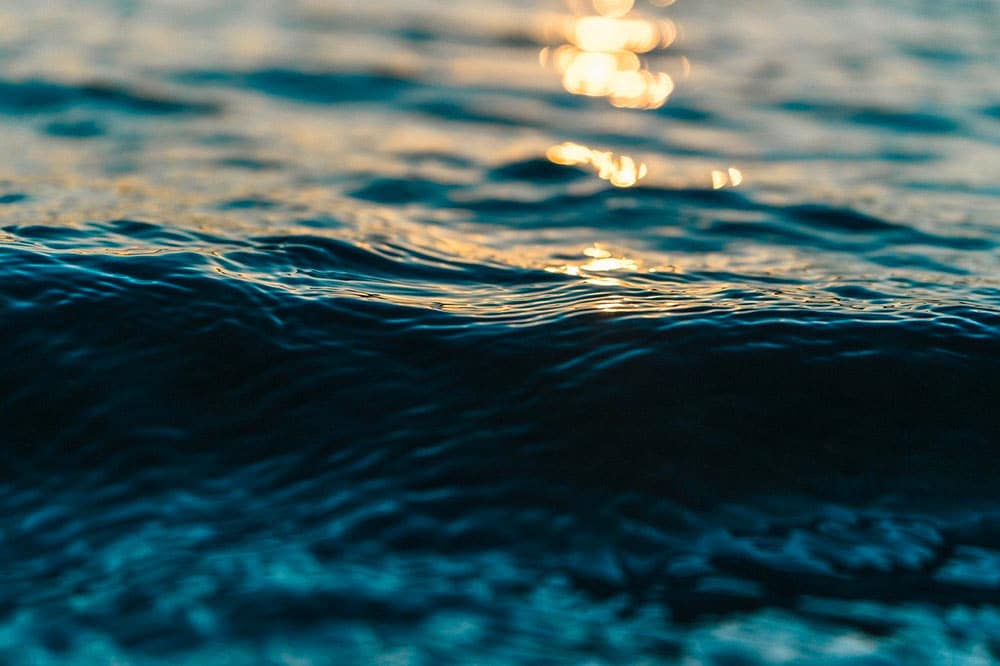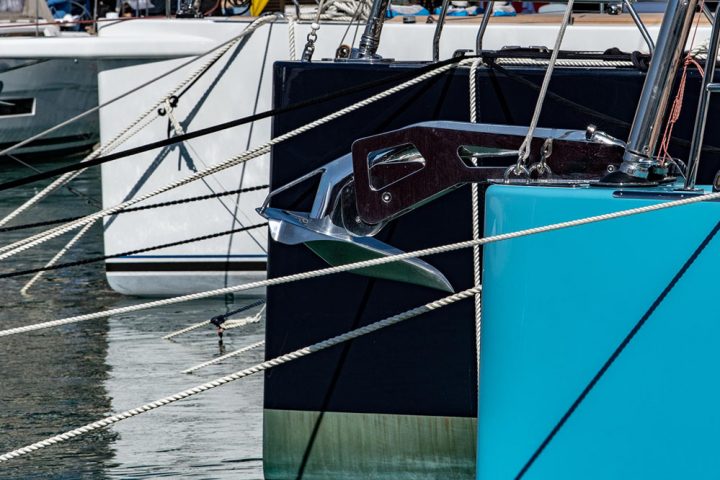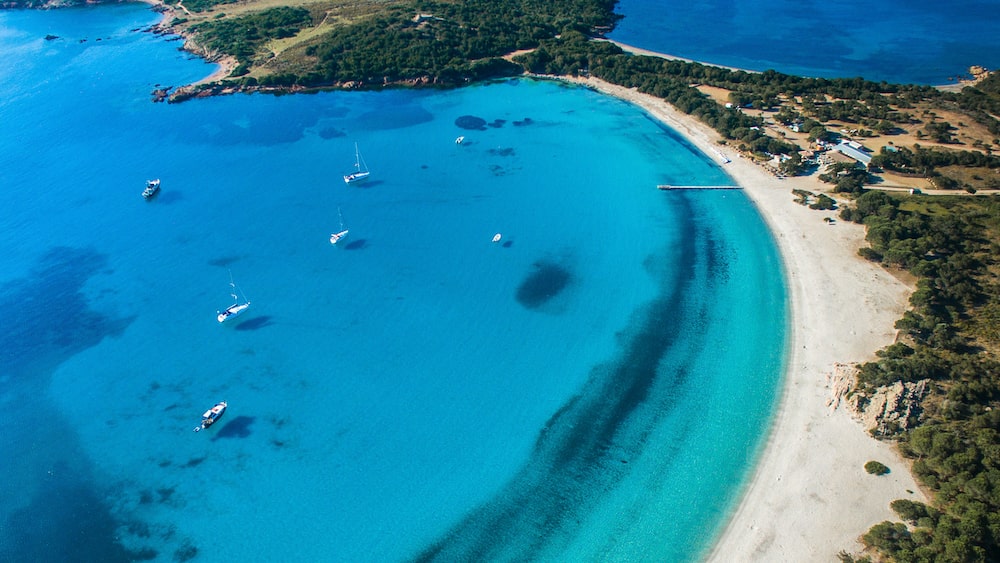Coronavirus and sea : seawater salt is the extra weapon against Covid-19
There is much talk of social 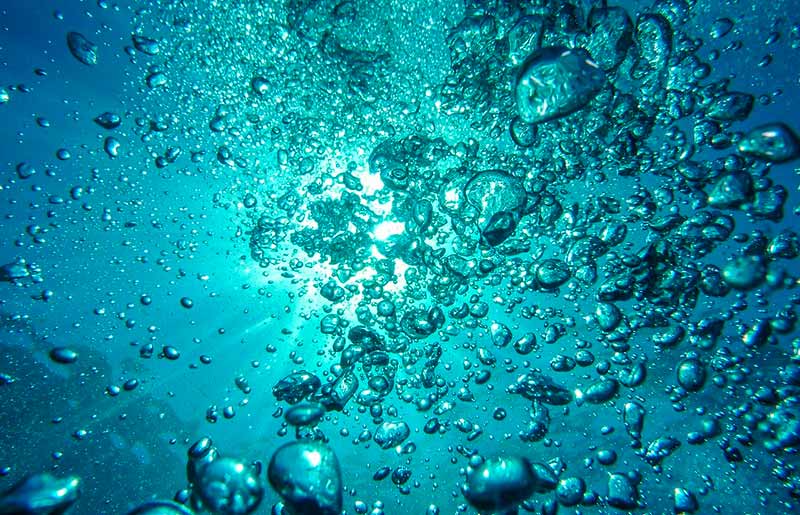
This thesis is supported by many virologists and, given the copious multitude of specialists who, during these two months of lockdown, have expressed themselves on the pandemic with opinions that have been often different (if not opposite), the fact that they all share this idea gives us hope.
For the time being, in fact, there no studies showing the persistence of Coronavirus in the water, where it is supposed to lose its infectious power which, instead, is transmitted by air through the droplets produced when an individual speaks or sneezes (hence the importance of the use of the mask).
Coronavirus and sea: the risk of contagion is only before and after the swim
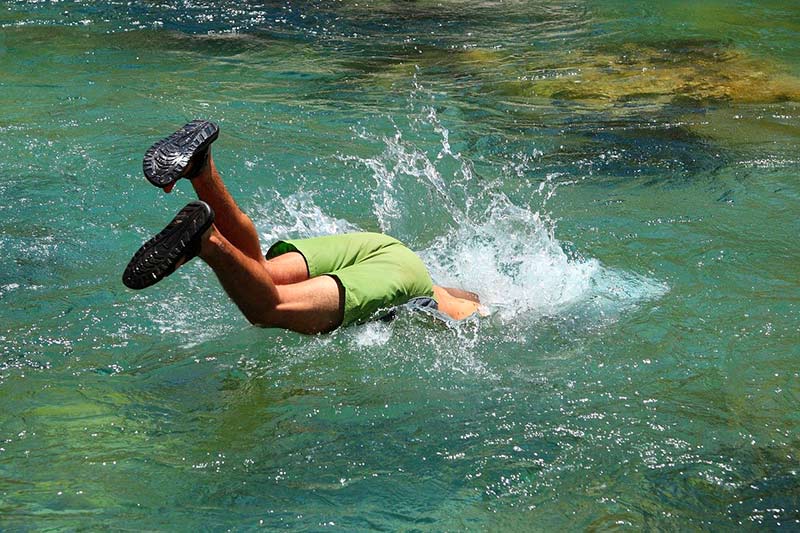
” The virus loses its infective power in the water. So, there’s no problem swimming – explains the Italian infectious disease specialist Matteo Bassetti, Director of the Operative Unit of the Infectious Diseases Clinic at the Policlinico San Martino in Genoa – It’s like a drop in the sea: even if one eliminates it in the water, the sea is so large that there will be no problem of getting infected, and this is true not only for Coronavirus but also for any other type of virus “.
In other words, the propagation ability of the virus is zero in the water. Of course, before diving, it is always necessary to respect the safety distances between people on the beach. So the risk of contagion, if anything, is possible before and after the swim.
In reply to the doubts raised by many citizens, the Italian Government has specified that those who live in front of the sea, a lake or near a river, or, more generally, those who live within 200 meters of the water can swim, as already provided in the current phase 1.
